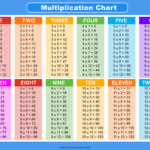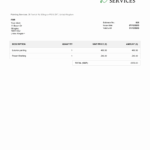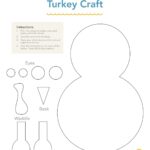A dietary plan designed to alleviate strain on the organ responsible for bile storage and secretion, often formatted for easy access and use, constitutes a key element in managing gallbladder-related conditions. This type of diet typically emphasizes low-fat foods, lean proteins, and ample fiber. An example includes a meal plan with options like baked chicken breast, steamed vegetables, and whole-grain bread, all listed on a single, readily accessible sheet.
Adhering to a specifically tailored eating regime is important in reducing gallbladder inflammation and preventing gallstone formation. Historically, dietary modifications have been a cornerstone of gallbladder disease management, often preceding or complementing medical interventions. The benefits extend to easing symptoms such as abdominal pain, bloating, and nausea, thereby improving the individual’s quality of life.
Therefore, subsequent sections will delve into the specific food groups and meal planning strategies relevant to individuals seeking dietary guidance for gallbladder health. Further, the practical considerations of implementing and maintaining such a dietary approach will be explored.









